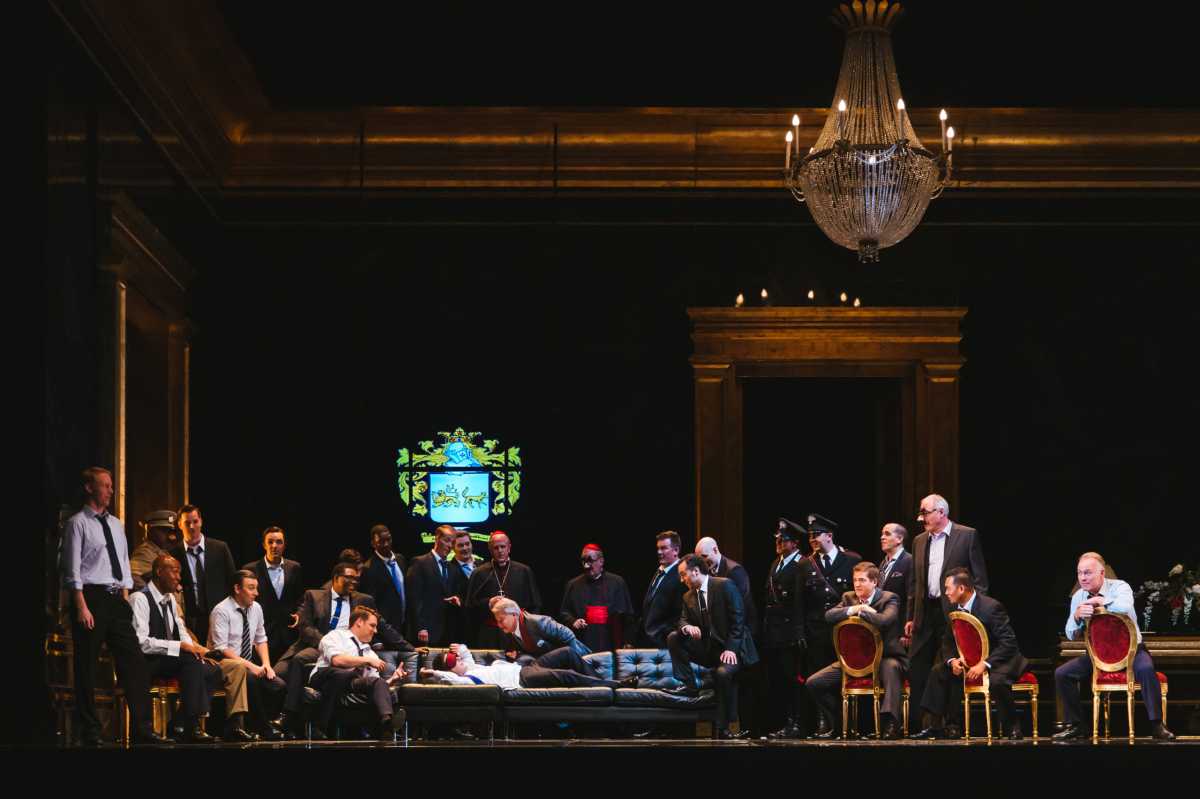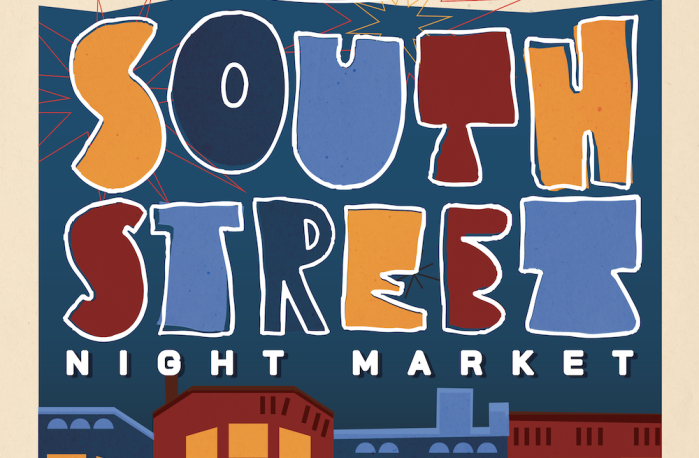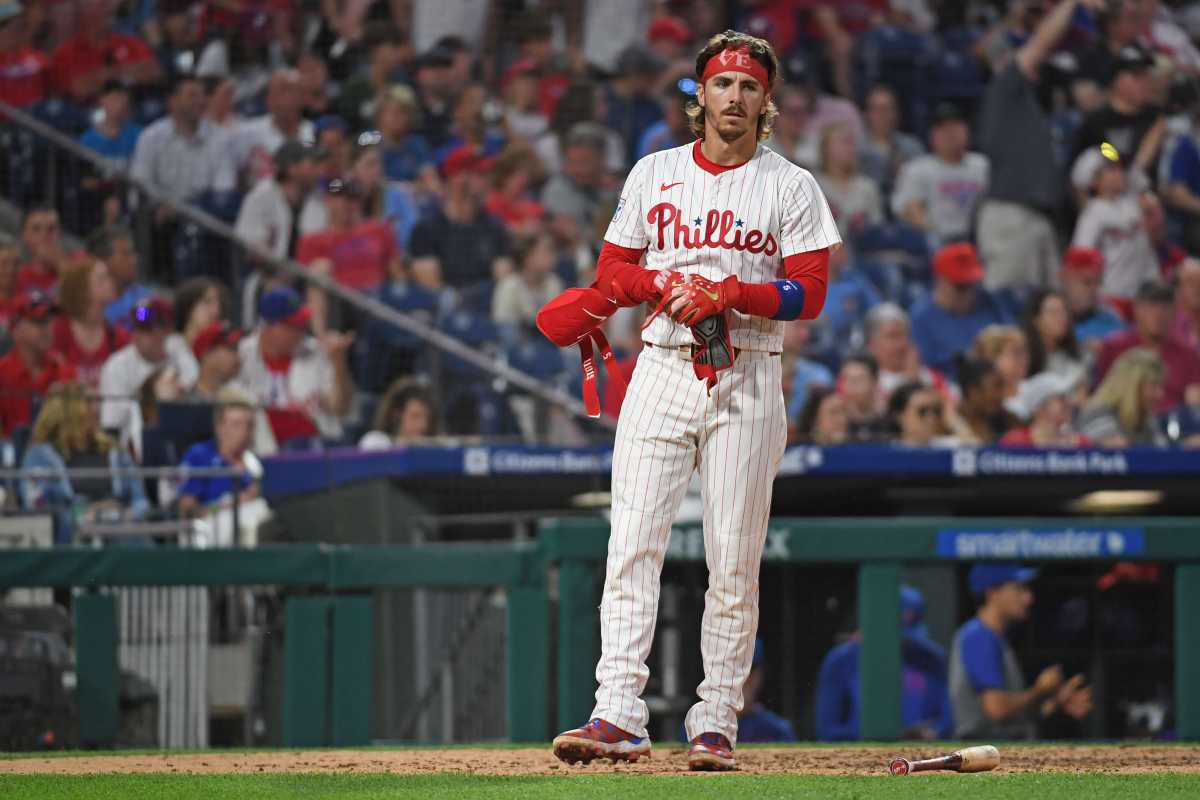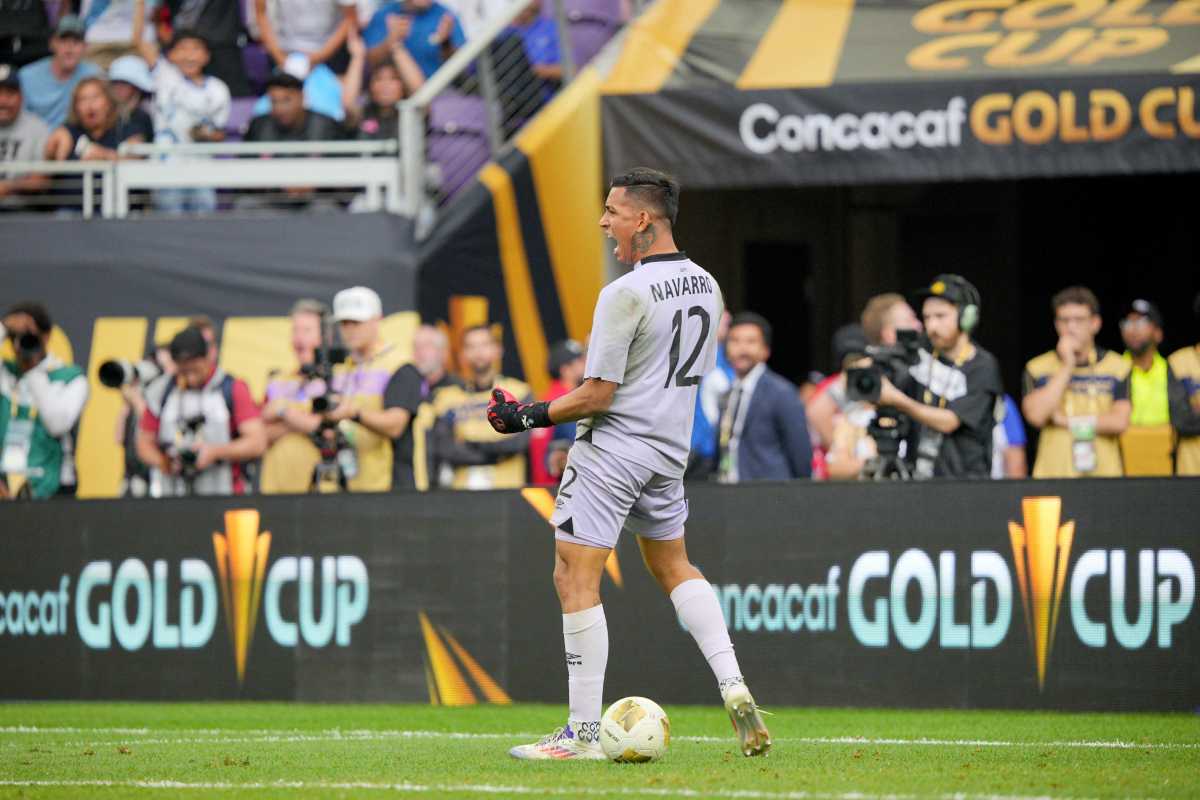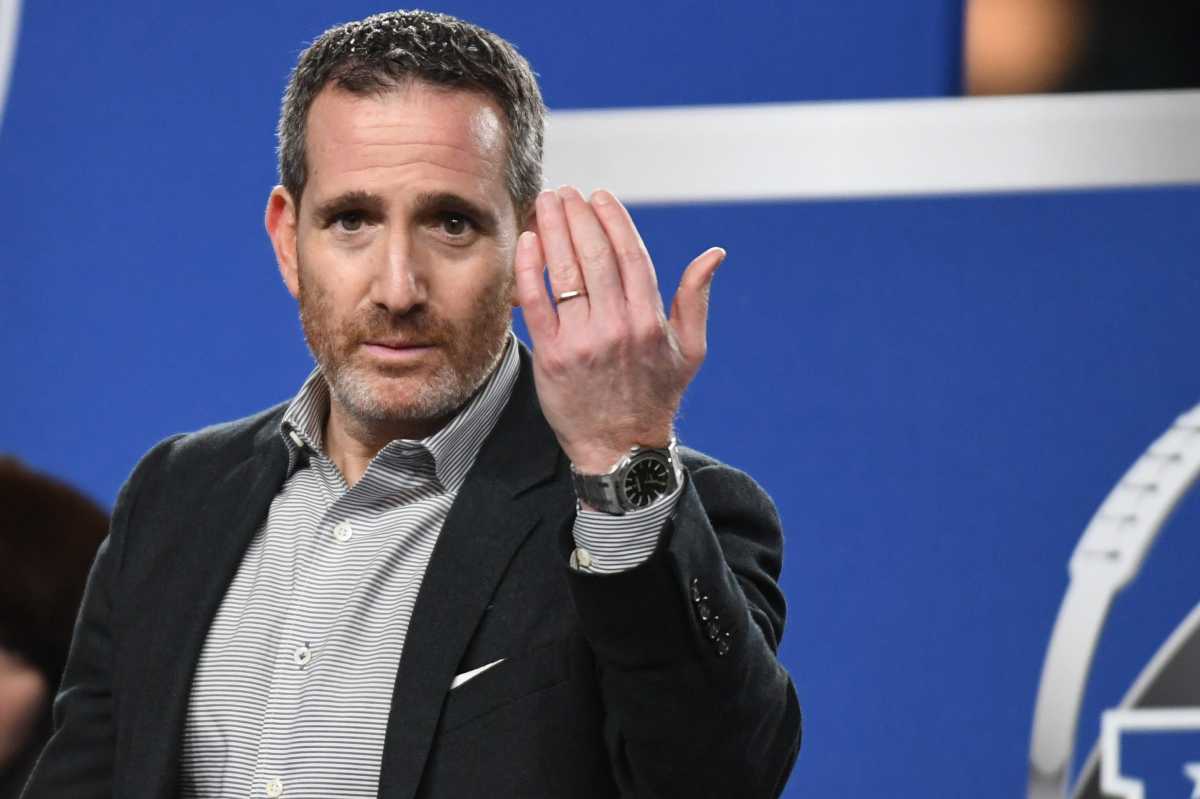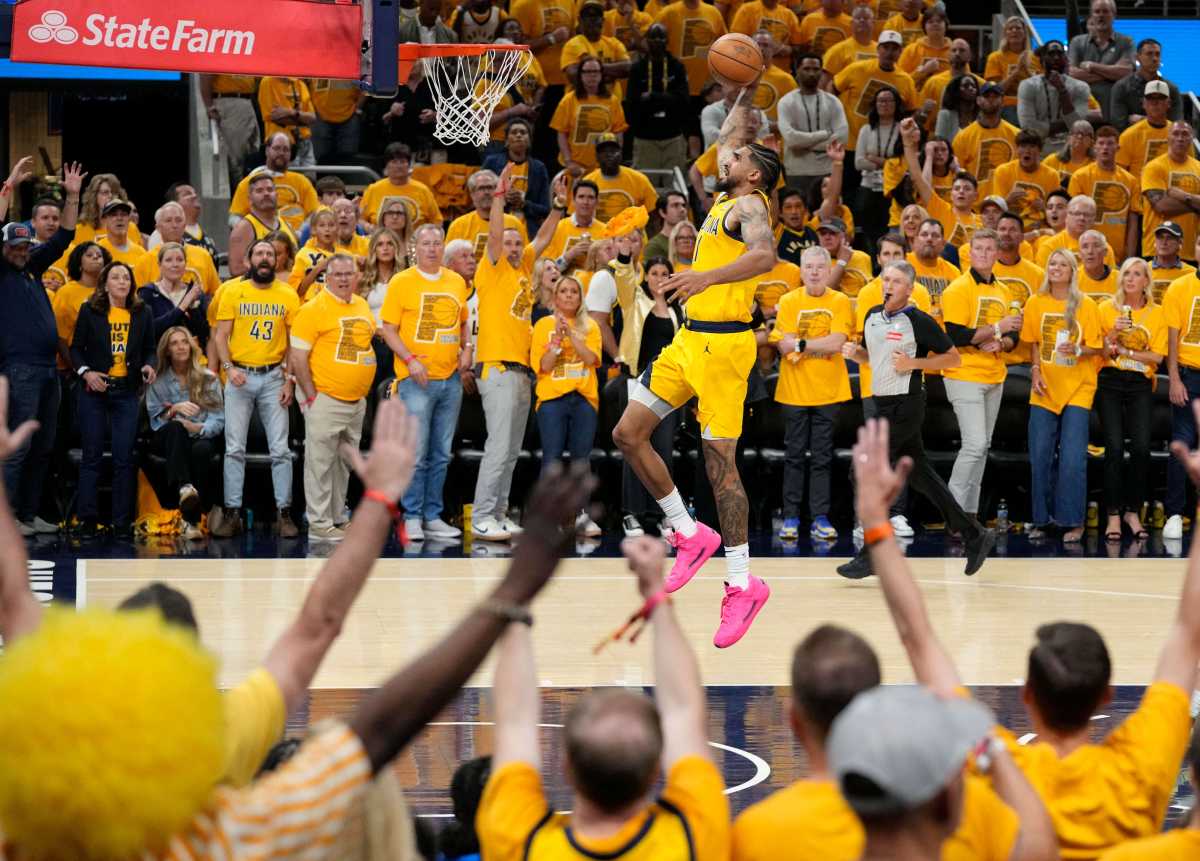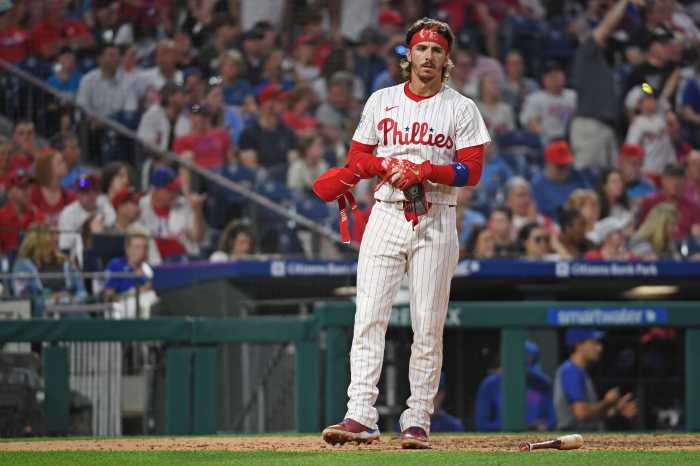It’s been over two years since Opera Philadelphia has brought one of its productions to the Academy of Music. But this spring, that hiatus is officially over with the creative organization’s rendition of ‘Rigoletto.’ Known as one of the most popular works in the operatic canon, the show, originally from Giuseppe Verdi, will hit the stage for four performances beginning April 29 (the last show will be May 8.)
Opera Philadelphia has not performed this particular show in over 15 years.
“The 2021-2022 season has been a journey towards returning to a new normal at Opera Philadelphia, as we get back to bringing audiences and artists together for live performances while also integrating cinematic work into our ongoing exploration of the future of opera,” said David B. Devan, General Director and President of Opera Philadelphia in a statement. “This return to the Academy of Music for the first time in nearly three years feels like a huge milestone moment for us, following performances at the Mann Center for the Performing Arts, Verizon Hall, and streaming on the Opera Philadelphia Channel. It will feel good to be back on our home stage, with Maestro Corrado Rovaris leading the Opera Philadelphia Orchestra and Chorus and an exciting cast of singers.”
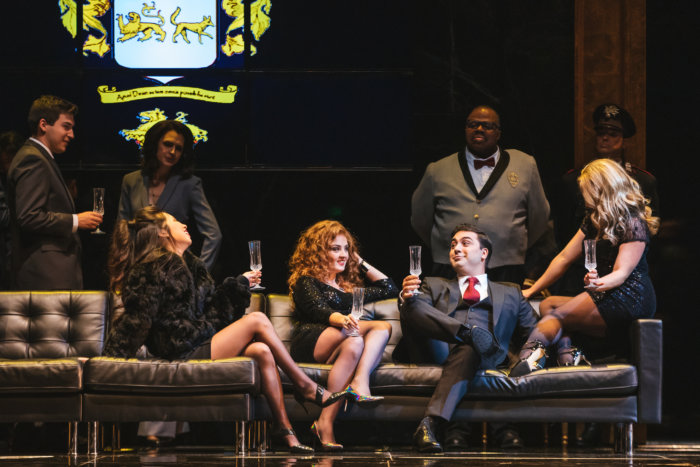
As a release states, adding to the excitement of the new production is a cast of rising opera stars making their Opera Philadelphia debuts in ‘Rigoletto.’ Baritone Anthony Clark Evans, lauded for his “stentorian Verdi style” by the Chicago Tribune and as “warm-toned, vivacious and humane” by the San Francisco Chronicle for one, makes his company debut in the title role of the Duke’s jester Rigoletto.
This particular production will also feature British-American tenor Joshua Blue, Baltimore-born soprano Raven McMillon, Grammy Award-winning bass Wei Wu and mezzo-soprano Kristen Choi along with the ensemble.
The official description of the show reads: Rigoletto is a court jester to the Duke of Mantua, a notorious sexual abuser. After the Duke harms a young woman, Rigoletto mocks the victim’s father, who then curses the jester for being so heartless. Later, the Duke rapes Rigoletto’s own daughter, Gilda, and the cruel joke falls on Rigoletto. Basing his opera off Victor Hugo’s play Le roi s’amuse, Verdi composed Rigoletto as a confrontation to authority and as a means of illuminating abuse of power. The opera features several well-known arias, including Rigoletto’s passionate denouncement “Cortigiani, vil razza dannata,” Gilda’s dreamy “Caro nome,” and the Duke’s instantly recognizable “La donna è mobile.”
New Zealand Opera director Lindy Hume will be at the helm of this timely production, and she puts her own spin on Verdi’s classic tale by confronting some hard truths.
“If opera aspires to be a future-focused art form, then it must evolve and be responsive to a changing society,” Hume said in a statement. “This history of telling stories about women being raped, murdered, and abused in opera is right there in front of us, either to explore, or to ignore.”
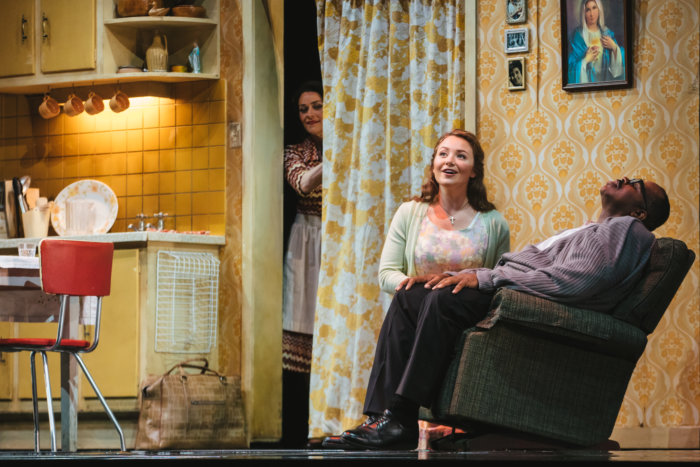
Hume has been frustrated by traditional opera’s tendency to celebrate misogyny through its “bad boy” characters, a release states. In other beloved works such as ‘Don Giovanni’, ‘Carmen’, and ‘Tosca’, sopranos must rehearse how to fall, how to be stabbed, brutalized, and thrown across the room, behaviors they would never accept in real life. The release also states that back then, Hume found inspiration in the controversial billionaire and politician for the Duke of Mantua; Hume’s production is in fact set at the “presidential palace” on election night. Now, presenting this piece for American audiences, Hume acknowledges some may find a similarity between the Duke and certain U.S. politicians.
To find out more information on Opera Philadelphia’s production of ‘Rigoletto,’ visit operaphila.org



